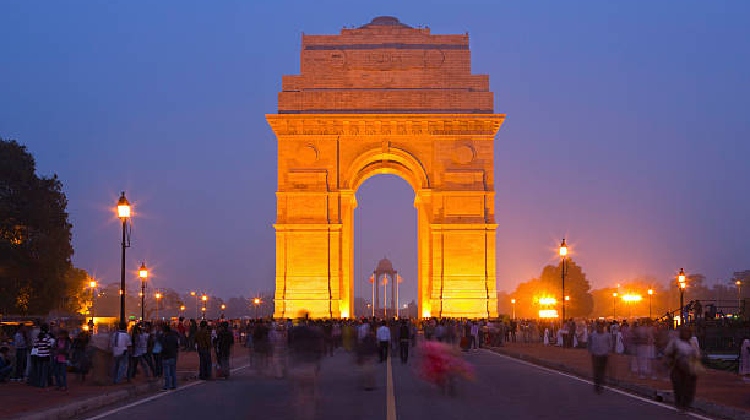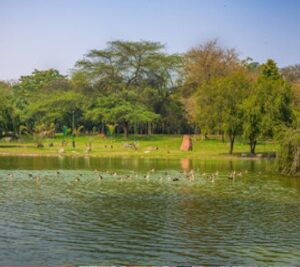Interesting Facts About Delhi
Delhi is the vibrant capital of India, Delhi is not just a city but a treasure trove of history and culture. From ancient monuments to modern marvels, Delhi has a rich tapestry of stories waiting to be explored. Here are 10 fascinating historical facts about Delhi that showcase its enduring legacy. View below for Interesting Facts about Delhi.

City of Cities
Delhi has the unique distinction of being the capital of several empires throughout history, including the Mughals, the Sultanate of Delhi and the British Raj. Its strategic location and rich heritage have made it a melting pot of cultures and civilizations.
Indraprastha: Mythical Beginnings
According to Hindu mythology, Delhi traces its origins to the legendary city of Indraprastha, founded by the Pandavas of the Mahabharata. Though the exact location remains a subject of debate, the mythological significance of Indraprastha is deeply ingrained in Delhi’s identity.
Seven Cities of Delhi:
Delhi is often referred to as the “City of Seven Cities” due to the seven historical settlements that have existed here over time. Each city, from Lal Kot to Shahjahanabad, represents a distinct chapter in Delhi’s history and development.
Qila Rai Pithora:
The first of Delhi’s seven cities, Qila Rai Pithora was established by King Prithviraj Chauhan in the 12th century. It served as the capital of the Chauhan dynasty until it was conquered by the Sultan of Ghori in 1192, marking the beginning of Muslim rule in Delhi.
Mughal Marvels:
Delhi flourished under Mughal rule with emperors like Babur, Akbar and Shah Jahan leaving behind a legacy of magnificent monuments. The Red Fort, Humayun’s Tomb, and Jama Masjid are enduring symbols of Mughal grandeur and architectural prowess.
Delhi Sultanate:
The Delhi Sultanate established in the 13th century by Qutb-ud-din Aibak, marked the beginning of Muslim rule in India. The sultans of Delhi, including Ala-ud-din Khilji and Muhammad bin Tughlaq, shaped the political and cultural landscape of the subcontinent.
Partition of India:
Delhi witnessed significant Change during the partition of India in 1947. As millions of refugees Run into the city, Delhi became a microcosm of the partition’s human tragedy and communal violence, leaving a lasting impact on its social fabric.
Capital of Independent India:
In 1947, Delhi was declared the capital of independent India. The city underwent rapid urbanization and development under the leadership of Jawaharlal Nehru, India’s first Prime Minister becoming the political and cultural nerve center of the nation.
Modern Landmarks:
Delhi is home to several modern landmarks that reflect its status as India’s capital. From the iconic India Gate to the majestic Parliament House, these architectural marvels symbolize the democratic ideals and aspirations of the nation.
UNESCO World Heritage Sites:
Delhi boasts three UNESCO World Heritage Sites: the Red Fort, Humayun’s Tomb, and Qutub Minar. These historic monuments are not just tourist attractions but also symbols of Delhi’s rich cultural heritage and architectural legacy.
In conclusion
From the ancient ruins of Indraprastha to the majestic monuments of the Mughal era, the city is a treasure trove of stories waiting to be uncovered. These Interesting Facts about Delhi, often referred to as Delhi Fast Facts offer a glimpse into the city’s illustrious past and its enduring significance as India’s capital. Whether it’s exploring the seven historical cities of Delhi or marveling at its UNESCO World Heritage Sites, each corner of the city tells a tale of Change, diversity and cultural richness. As we delve into the Historical Facts about Delhi, we realize that Delhi is more than just a city; it is a living chronicle of India’s journey through time.




